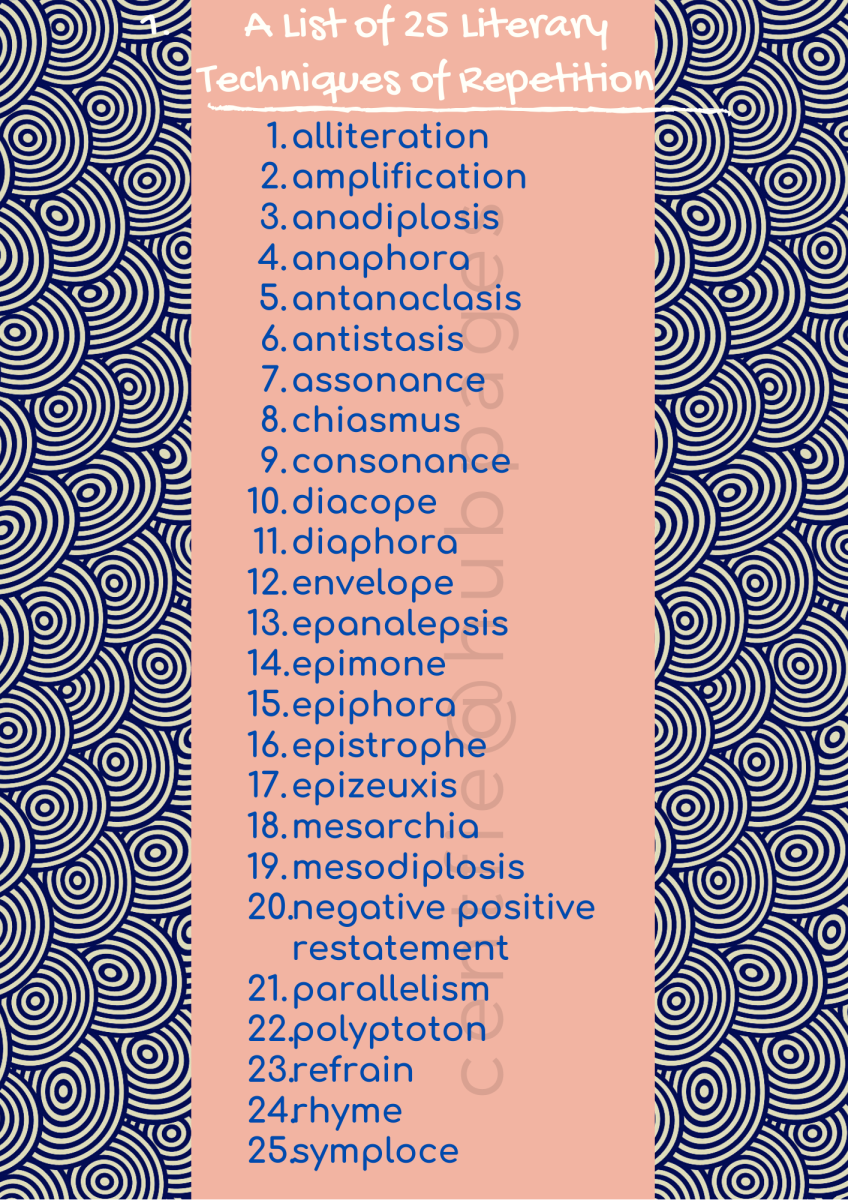
/Getty_repetition-183814724-58b9a3843df78c353c11806d.jpg)
God always confirms His word but He does not necessarily always repeat it. I bet you didn’t even know that there was a difference. One of those things we need to understand is the difference between God confirming a word and repeating a word. Neither are My ways your ways…” Folks, this means that God has ways of doing things and it would be wise for us to learn His way so that our ways will be more prosperous. The prophet Isaiah relaying a message from God said, “My thoughts are not your thoughts. This means that He is invisible! How do you learn a person’s ways without seeing that person? You study the written materials that outline the way the person does things. With this relationship, however, comes the responsibility of learning about this person. I could go on and on about this awesome Being that thought enough of us to die for our sins that we might be together with Him forever. Ananias, who was sent to open Paul’s blinded eyes, dialogued with a personal God. The Apostle Paul and Peter encountered Him visions. Likewise, He gives us plenty of examples of His willingness to allow us to encounter Him. He says in John 14:26, “I will send the Helper, the Holy Spirit, and He will teach you all things…” He also says in John 10:27, “My sheep hear My voice,” indicating that communication and communion when Him is achievable. Not only did we get to be personal with God, we were also provided with promises of the ability to communicate with Him. The Bible says humans were allowed to touch a God who had come in human form in the person of Jesus Christ. Our faith teaches us that He is so emphatically in love with mankind that He even came down to live among us. While He is large, powerful, and most important, He is also personal. We, however, as Christians know that just the opposite is true. Most, if not all other religions of the world have a view of God that says He is too large, too busy, or too important to be involved with puny humans.

Thus, for example, in a remarkably popular 30-second Wendy's Hamburgers commercial, an actress demands three times " Where's the beef?" and in a similarly popular (but far more annoying) 30-second Alka-Seltzer spot, an actor groans three times, " I can't believe I ate that whole thing!" (widely misremembered as "I can't believe I ate the whole thing!") Both of those phrases subsequently (albeit temporarily) became popular sayings throughout the United States, but I don't think it would be wrong to call each one a "catch phrase" within the commercial itself.One of the wonderful things about being a Christian is the reality that we have the opportunity to encounter God. Something similar can happen with a phrase repeated in a commercial. But it also refers to phrases that become associated with a particular person or character, such as Rodney Dangerfield's "I get no respect!" or Maxwell Smart's "Sorry about that, chief!" (You can tell how long I've been away from television by my examples.) Usually "catch phrase" refers to a phrase that has become suddenly common in a broader segment of speakers or writers than you're talking about here.


 0 kommentar(er)
0 kommentar(er)
